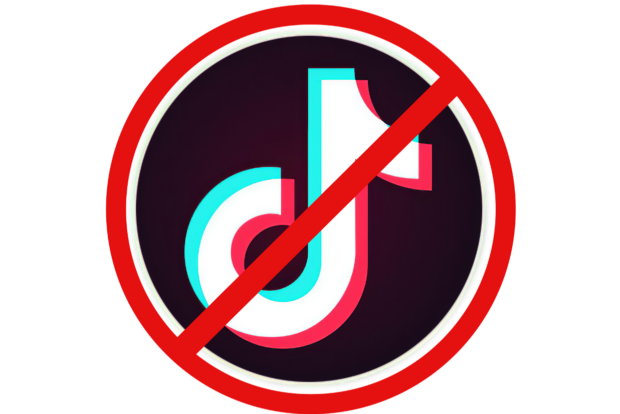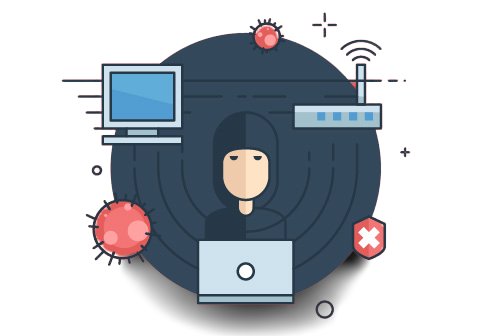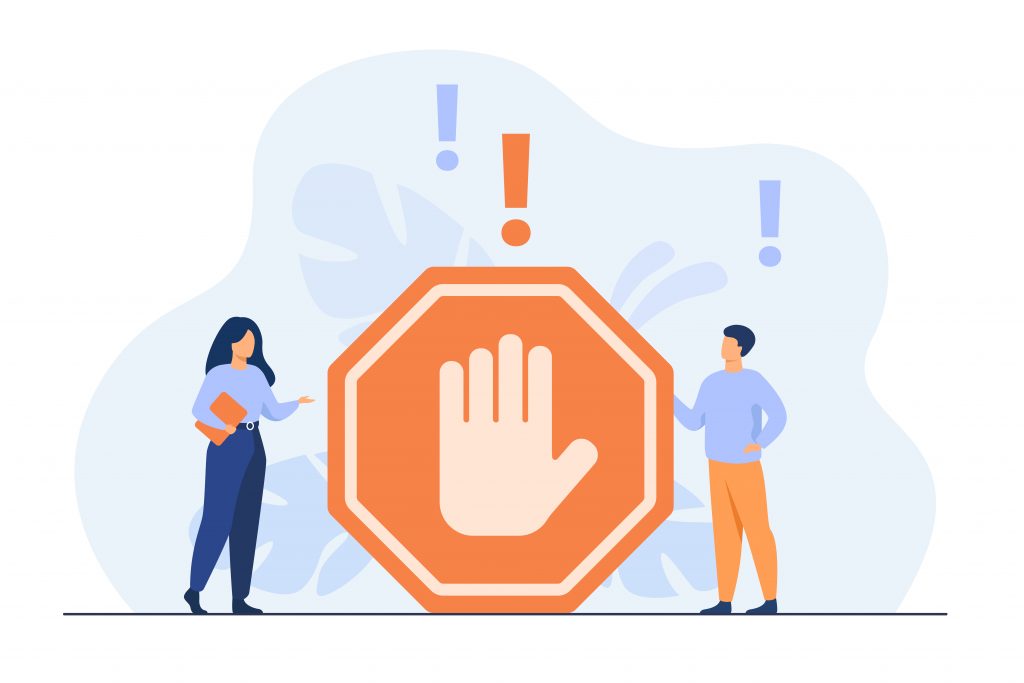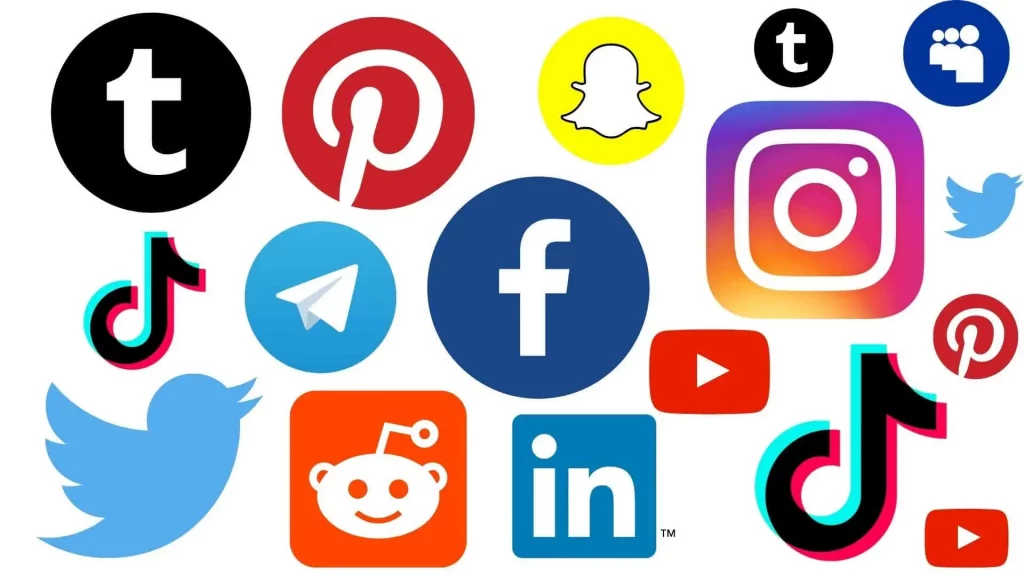Why USA banned TikTok? [2024]
Last updated on March 14th, 2024 in Censorship, VPN
Last updated on March 14th, 2024 in Censorship, VPN

Have you ever found yourself endlessly scrolling through short, addictive videos on TikTok? Well, you’re not alone. With its entertaining content and massive user base, TikTok has taken the world by storm.
However, behind the viral dances and lip-sync challenges lies a controversial platform that recently faced a ban in the USA causing the situation where USA banned Tiktok.
Let’s dive into why this popular app was prohibited and what it means for its millions of users.
TikTok, the popular video-sharing platform, has been under scrutiny by the US government. Concerns have been raised regarding its ties to the Chinese government and potential national security risks.
The US government worries about data privacy issues and TikTok’s data collection practices. With millions of American users on the app, there are fears that personal information could be misused or shared with foreign entities.
Legal actions have been taken against TikTok in the US, with executive orders issued to ban transactions with its parent company, ByteDance. This has sparked debates over freedom of speech and censorship on social media platforms.
Users and creators who rely on TikTok for entertainment and income are left uncertain about their future on the app. Many fear losing their followers and livelihood if TikTok is banned in the country, so it’s good question to ask if it’s the best solution for USA banned Tiktok.
As concerns continue to mount, some users turn to VPN services to access TikTok despite restrictions. However, this workaround may not guarantee long-term access as tensions between the US and China persist.

As TikTok’s user base grew exponentially in the US, concerns about national security started to surface. The app’s ties to the Chinese government raised red flags among policymakers and intelligence agencies.
Questions were raised about the potential for data collection and surveillance on American users by foreign entities. With China’s strict internet regulations, worries mounted over how user data could be used or accessed without consent.
The contentious relationship between the US and China added fuel to the fire, amplifying suspicions around TikTok’s operations in America. As debates intensified, calls for greater scrutiny and regulation of Chinese-owned tech companies gained momentum.
In response to these concerns, the US government took decisive action against TikTok, citing threats to national security as a primary reason for its ban.
This move marked a significant turning point in the ongoing debate over data privacy and foreign influence in American digital spaces.
TikTok, the beloved social media platform known for its short videos and trending challenges, has come under fire for its data privacy practices. Concerns have been raised about how the app collects and handles user data, especially given its Chinese ownership.
Many worry that TikTok may be sharing user information with the Chinese government due to laws in China requiring companies to comply with government requests for data access. This has led to fears about potential national security threats posed by the app’s ties to China.
Furthermore, reports have surfaced alleging that TikTok collects vast amounts of personal data from its users, including location information, browsing history, and even facial recognition patterns. The lack of transparency around how this data is used or shared has sparked outrage among privacy advocates and lawmakers alike.
As debates continue over TikTok’s handling of user data, many are left wondering what steps will be taken to address these concerns and protect individuals’ privacy while using the app.

In response to growing concerns over national security and data privacy, the U.S. government took legal action against TikTok. The Trump administration issued executive orders attempting to ban the app, citing its ties to the Chinese government. This sparked a legal battle between TikTok and the government, with court injunctions temporarily halting the ban.
Furthermore, the Committee on Foreign Investment in the United States (CFIUS) launched an investigation into ByteDance’s acquisition of Musical.ly – TikTok’s predecessor – raising additional red flags about potential data security risks. These legal challenges put TikTok in hot water as it faced pressure to address these issues or risk being permanently banned from operating in the country.
As a result of these legal actions, TikTok made efforts to distance itself from its Chinese roots by establishing new partnerships and restructuring its operations. However, uncertainties remain regarding its future in the U.S. amidst ongoing geopolitical tensions and regulatory scrutiny surrounding foreign-owned apps operating within American borders.
The ban on TikTok in the USA has left many users and creators feeling uncertain about the future of their favorite platform. For millions of individuals who found a sense of community, creativity, and entertainment on TikTok, this decision has been met with disappointment and frustration.
Users are now searching for alternative platforms to express themselves and connect with others through short videos. Creators who built their careers or hobbies around TikTok are facing challenges transitioning their content to other platforms while maintaining their audience engagement.
The impact extends beyond just losing access to entertaining videos; it affects livelihoods, creative outlets, and social connections that were fostered through the app. As users navigate this sudden change, they must adapt to new platforms or find ways to bypass restrictions in order to continue creating and consuming content they love.

A TikTok ban in the USA, or any significant limitation on its operations, would have a variety of implications, affecting different stakeholders in diverse ways. Some of the entities that might benefit include:
It’s important to note that while some entities might benefit from a TikTok ban, the overall effect on the market, freedom of expression, and digital innovation could be complex and multifaceted, with both positive and negative outcomes.
 If you’re missing the entertaining content on TikTok due to the ban in the US, there’s still a way to access it. Using a Virtual Private Network (VPN) can help you bypass geographical restrictions and access TikTok from anywhere in the world.
If you’re missing the entertaining content on TikTok due to the ban in the US, there’s still a way to access it. Using a Virtual Private Network (VPN) can help you bypass geographical restrictions and access TikTok from anywhere in the world.
First, download a reliable VPN service on your device. There are many options available for both mobile and desktop platforms. Once installed, open the VPN app and connect to a server location where TikTok is accessible.
After establishing a connection, launch the TikTok app or website as you normally would. The VPN will mask your actual IP address with one from the server location you chose, tricking TikTok into thinking you’re accessing it from an allowed region.
With this workaround, you can continue enjoying TikTok’s engaging content regardless of geo-blocking measures. Just remember to respect local laws and regulations while using VPN services for accessing banned apps like TikTok.
As the ban on TikTok in the US continues to remain in place, the future of the popular app remains uncertain. With concerns over national security and data privacy at the forefront, it is unclear if TikTok will be able to overcome these challenges and make a comeback in the American market.
For now, users can still access TikTok via VPNs, allowing them to continue enjoying the content and connecting with their favorite creators. However, whether this workaround will be a long-term solution or if TikTok will find a way to address the issues raised by the US government remains to be seen.
Only time will tell what lies ahead for TikTok in the US. Until then, users and creators alike will need to adapt to these changes and explore alternative platforms while keeping an eye on any developments regarding TikTok’s status in the country.